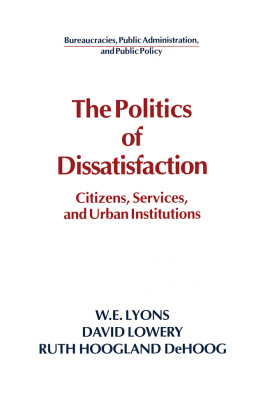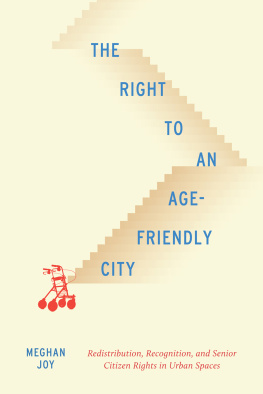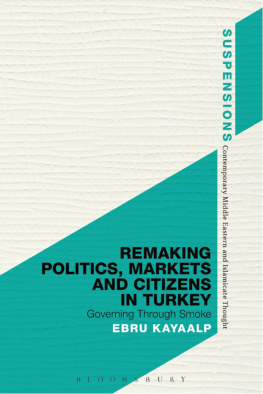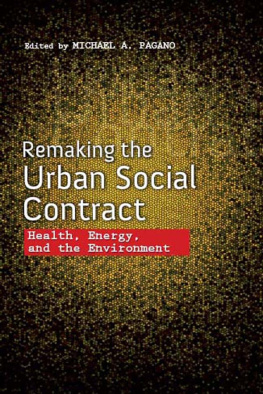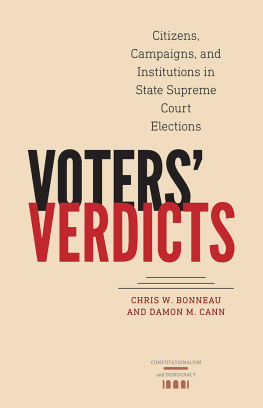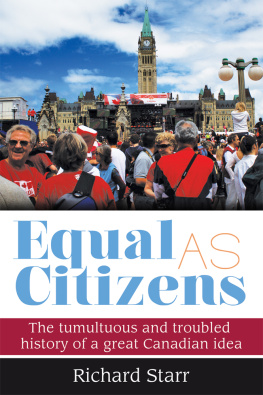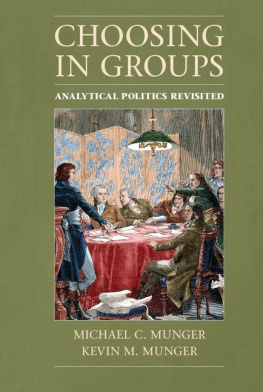William E Lyons - The Politics of Dissatisfaction: Citizens, Services and Urban Institutions: Citizens, Services and Urban Institutions
Here you can read online William E Lyons - The Politics of Dissatisfaction: Citizens, Services and Urban Institutions: Citizens, Services and Urban Institutions full text of the book (entire story) in english for free. Download pdf and epub, get meaning, cover and reviews about this ebook. year: 2019, publisher: Routledge, genre: Politics. Description of the work, (preface) as well as reviews are available. Best literature library LitArk.com created for fans of good reading and offers a wide selection of genres:
Romance novel
Science fiction
Adventure
Detective
Science
History
Home and family
Prose
Art
Politics
Computer
Non-fiction
Religion
Business
Children
Humor
Choose a favorite category and find really read worthwhile books. Enjoy immersion in the world of imagination, feel the emotions of the characters or learn something new for yourself, make an fascinating discovery.
- Book:The Politics of Dissatisfaction: Citizens, Services and Urban Institutions: Citizens, Services and Urban Institutions
- Author:
- Publisher:Routledge
- Genre:
- Year:2019
- Rating:4 / 5
- Favourites:Add to favourites
- Your mark:
- 80
- 1
- 2
- 3
- 4
- 5
The Politics of Dissatisfaction: Citizens, Services and Urban Institutions: Citizens, Services and Urban Institutions: summary, description and annotation
We offer to read an annotation, description, summary or preface (depends on what the author of the book "The Politics of Dissatisfaction: Citizens, Services and Urban Institutions: Citizens, Services and Urban Institutions" wrote himself). If you haven't found the necessary information about the book — write in the comments, we will try to find it.
William E Lyons: author's other books
Who wrote The Politics of Dissatisfaction: Citizens, Services and Urban Institutions: Citizens, Services and Urban Institutions? Find out the surname, the name of the author of the book and a list of all author's works by series.
The Politics of Dissatisfaction: Citizens, Services and Urban Institutions: Citizens, Services and Urban Institutions — read online for free the complete book (whole text) full work
Below is the text of the book, divided by pages. System saving the place of the last page read, allows you to conveniently read the book "The Politics of Dissatisfaction: Citizens, Services and Urban Institutions: Citizens, Services and Urban Institutions" online for free, without having to search again every time where you left off. Put a bookmark, and you can go to the page where you finished reading at any time.
Font size:
Interval:
Bookmark:
Series Editor
Larry B. Hill, Editor
Citizens, Services, and Urban Institutions
W. E. Lyons, David Lowery, and Ruth Hoogland DeHoog
Cathy Marie Johnson
The States and the Divestiture of AT&T
Jeffrey E. Cohen
Public Administrators at the State Level
Mary E. Guy, Editor
H. George Frederickson, Editor
Politics and Progress in Controlling Pollution
Evan J. Ringquist
Drugs, Alcohol, and Public Policy
Kenneth J. Meier
David Lowery
Ruth Hoogland DeHoog

2 Park Square, Milton Park, Abingdon, Oxon OX14 4RN
711 Third Avenue, New York, NY 10017, USA
No responsibility is assumed by the publisher for any injury and/or damage to persons or property as a matter of products liability, negligence or otherwise, or from any use of operation of any methods, products, instructions or ideas contained in the material herein.
The politics of dissatisfaction: citizens, services, and urban institutions /
by W. E. Lyons, David Lowery, Ruth Hoogland DeHoog.
p. cm. (Bureaucracies, public administration, and public policy)
Includes bibliographical references and index.
ISBN 0-87332-898-1 (c); ISBN 1-56324-378-4(p)
1. Local governmentUnited StatesPublic opinion.
2. Metropolitan governmentUnited StatesPublic opinion.
3. County servicesUnited StatesPublic opinion.
4. Municipal servicesUnited StatesPublic opinion.
I. Lowery, David.
II. DeHoog, Ruth Hoogland.
III. Title.
IV. Series.
JS323.L97 1992
321.8'0973dc20
91-35287
CIP
Font size:
Interval:
Bookmark:
Similar books «The Politics of Dissatisfaction: Citizens, Services and Urban Institutions: Citizens, Services and Urban Institutions»
Look at similar books to The Politics of Dissatisfaction: Citizens, Services and Urban Institutions: Citizens, Services and Urban Institutions. We have selected literature similar in name and meaning in the hope of providing readers with more options to find new, interesting, not yet read works.
Discussion, reviews of the book The Politics of Dissatisfaction: Citizens, Services and Urban Institutions: Citizens, Services and Urban Institutions and just readers' own opinions. Leave your comments, write what you think about the work, its meaning or the main characters. Specify what exactly you liked and what you didn't like, and why you think so.

